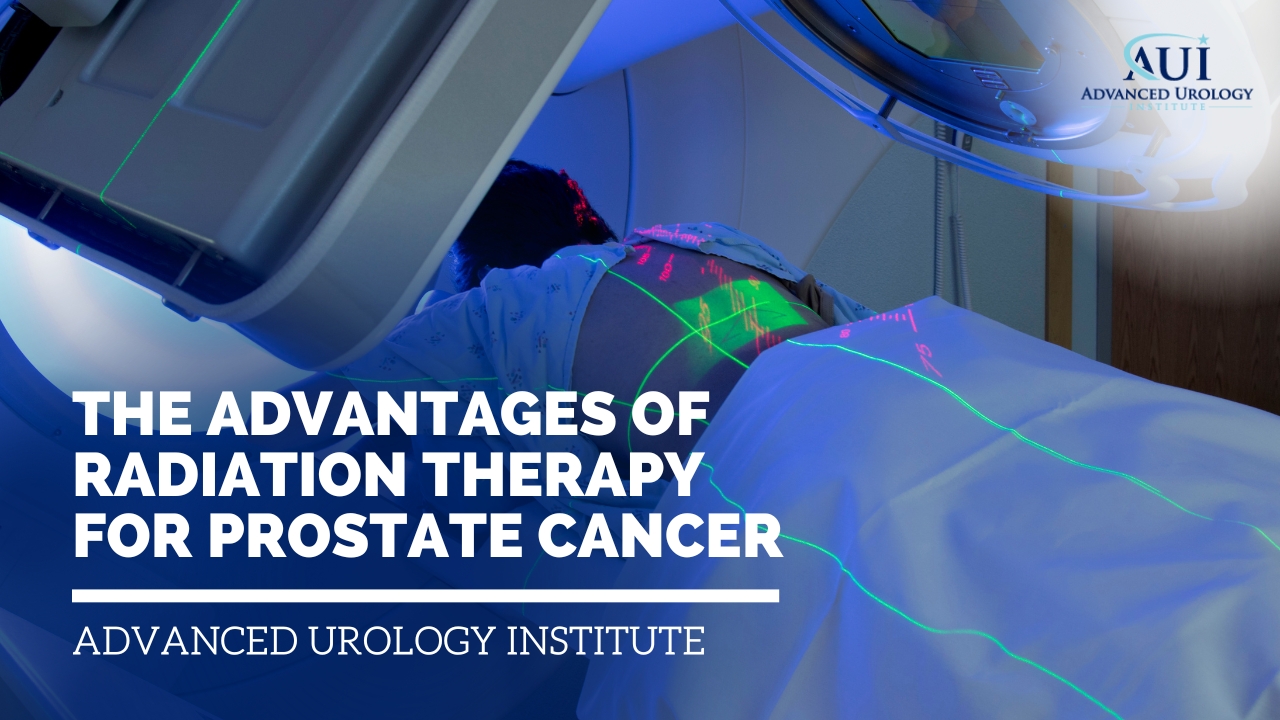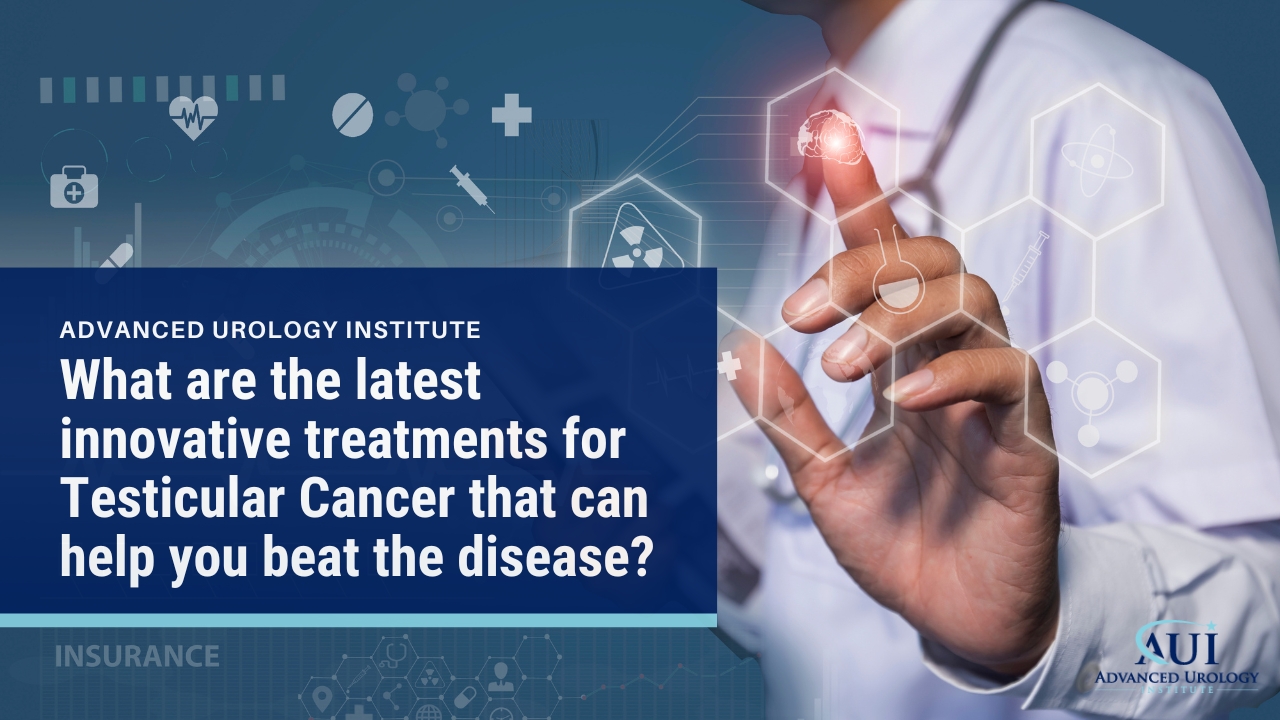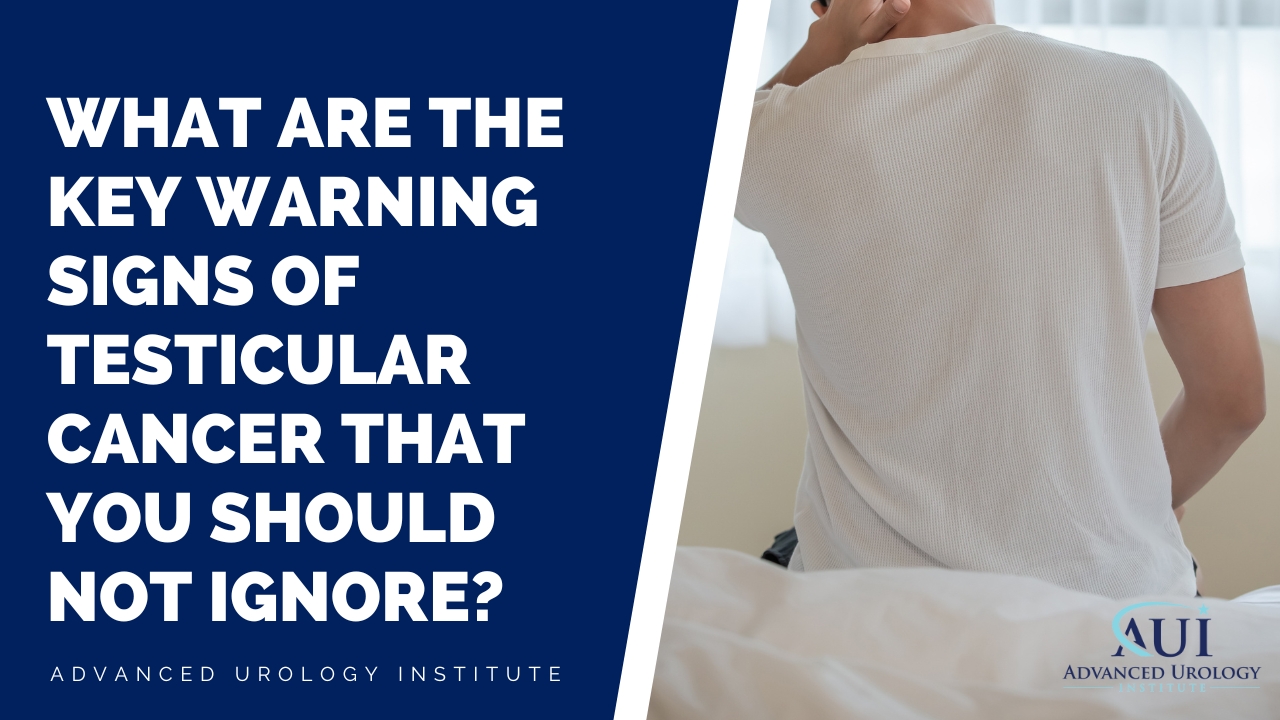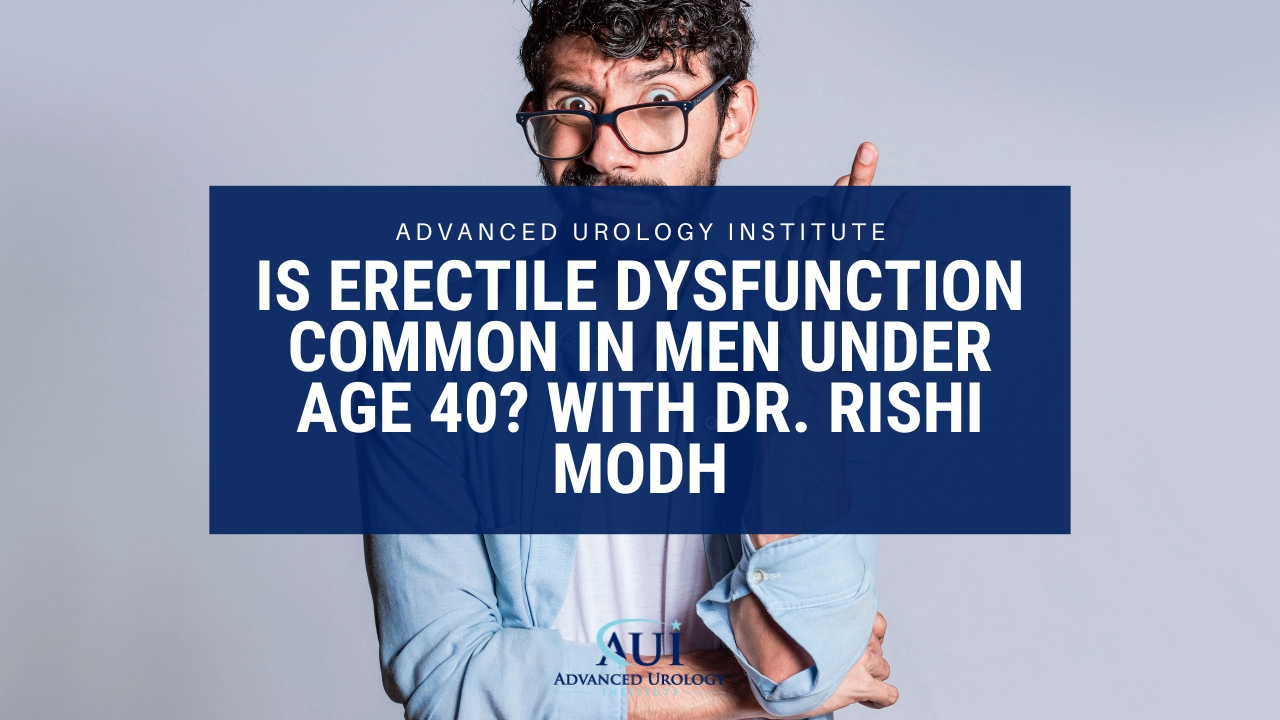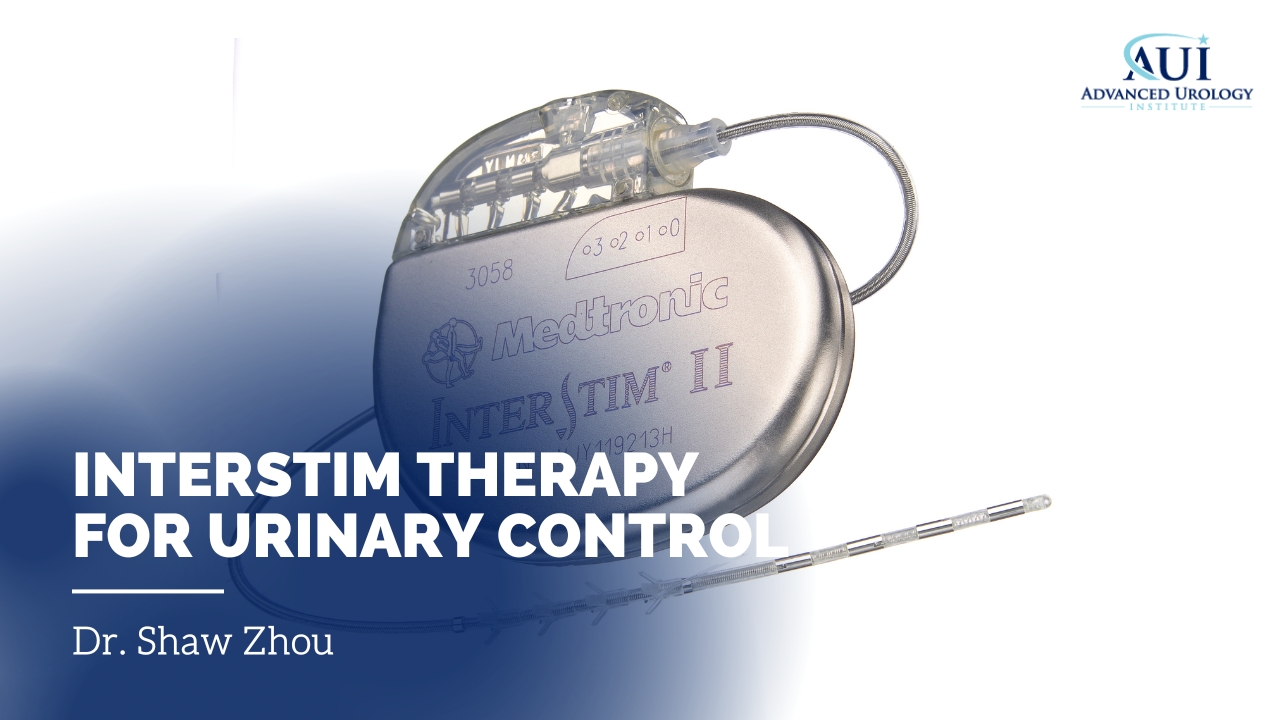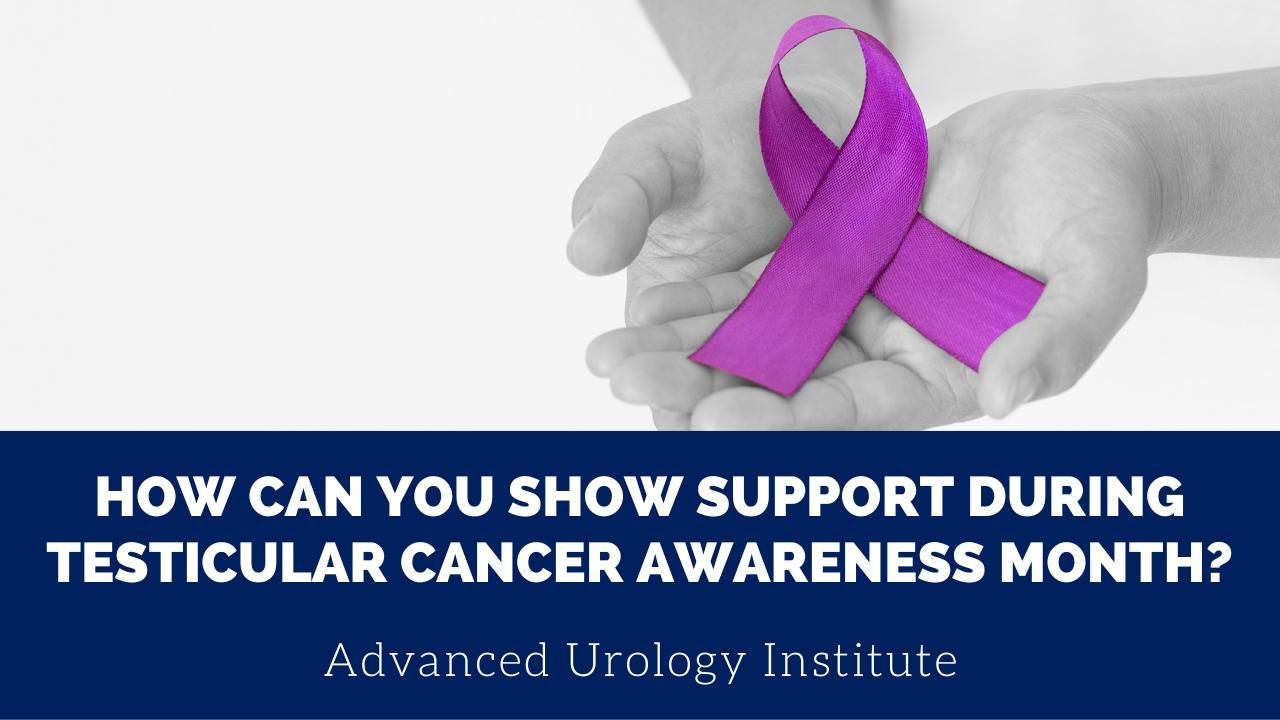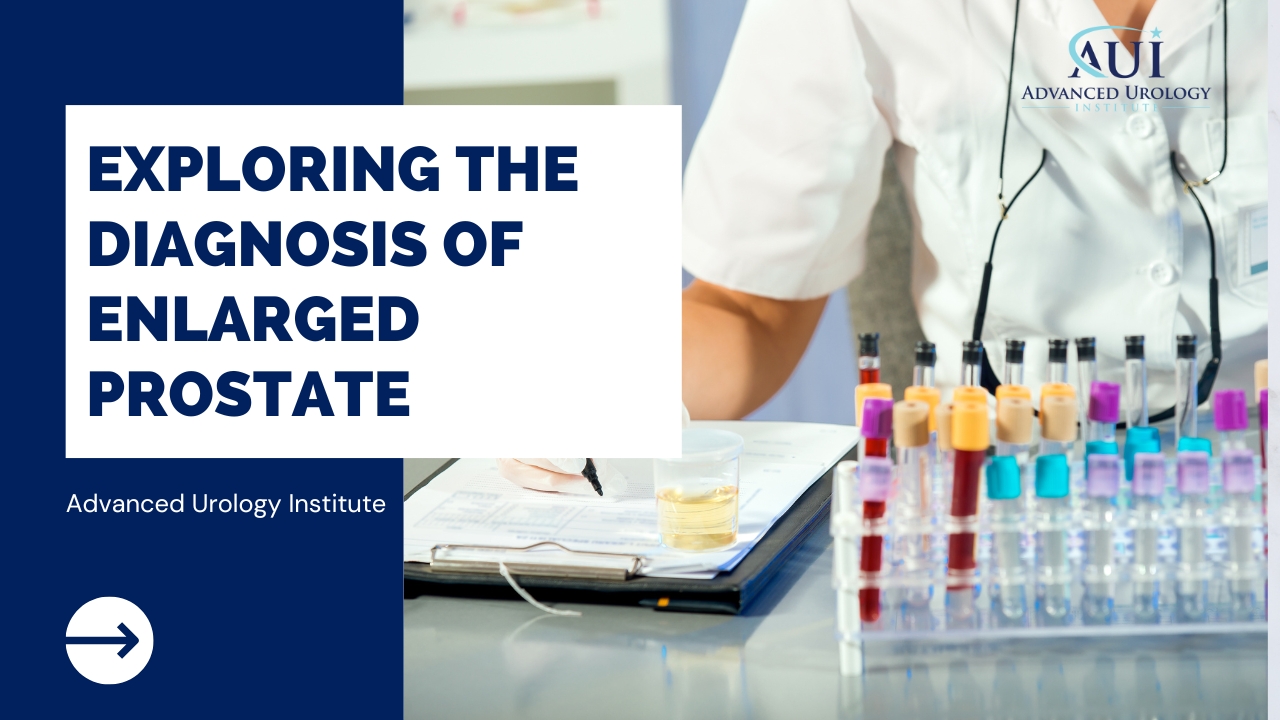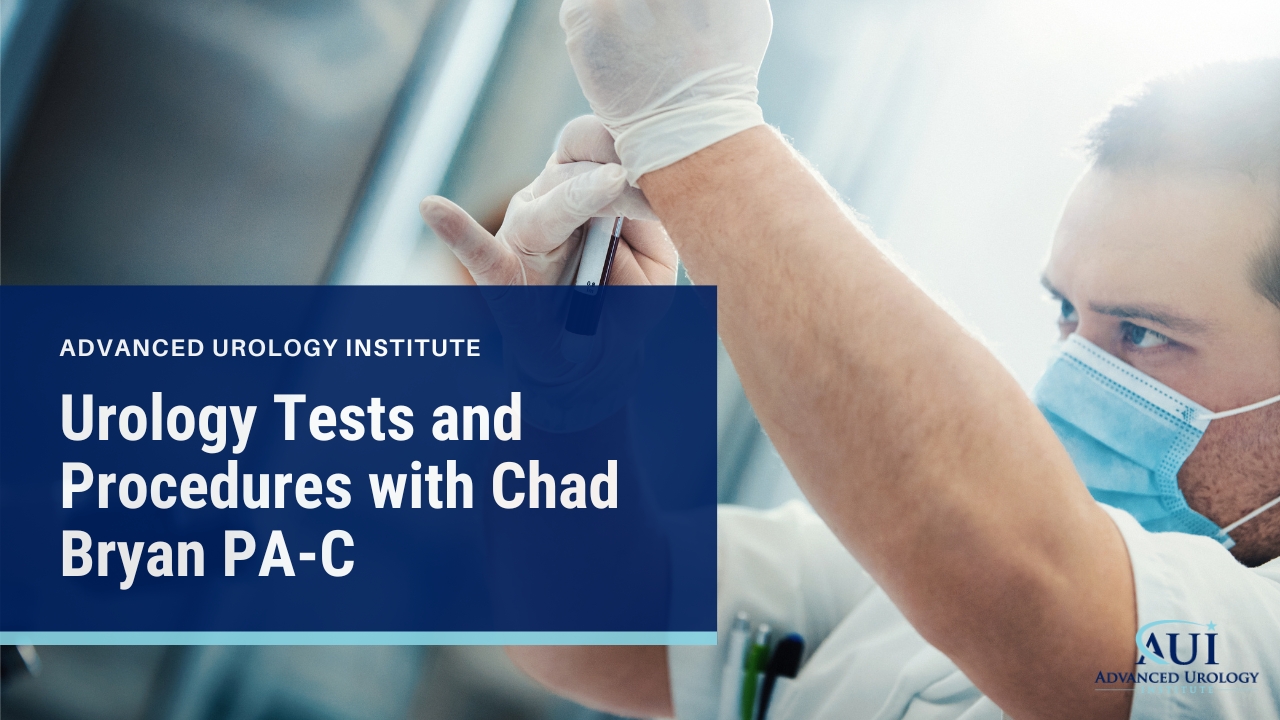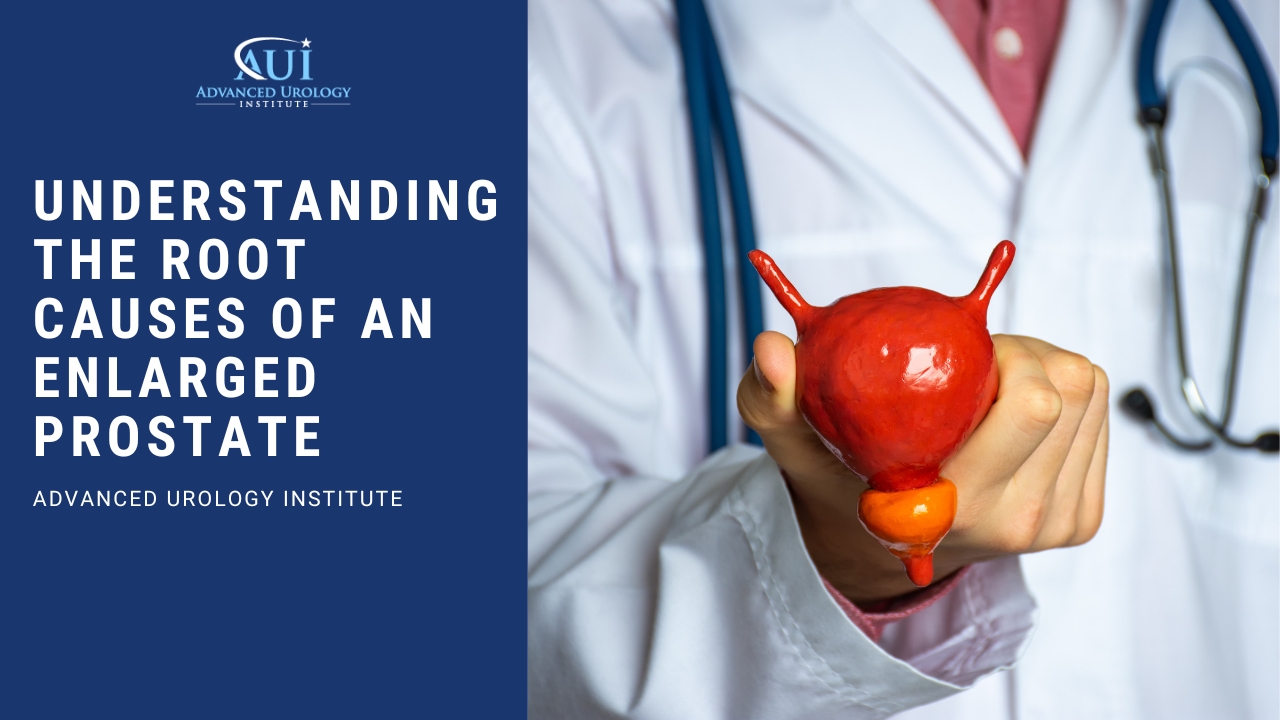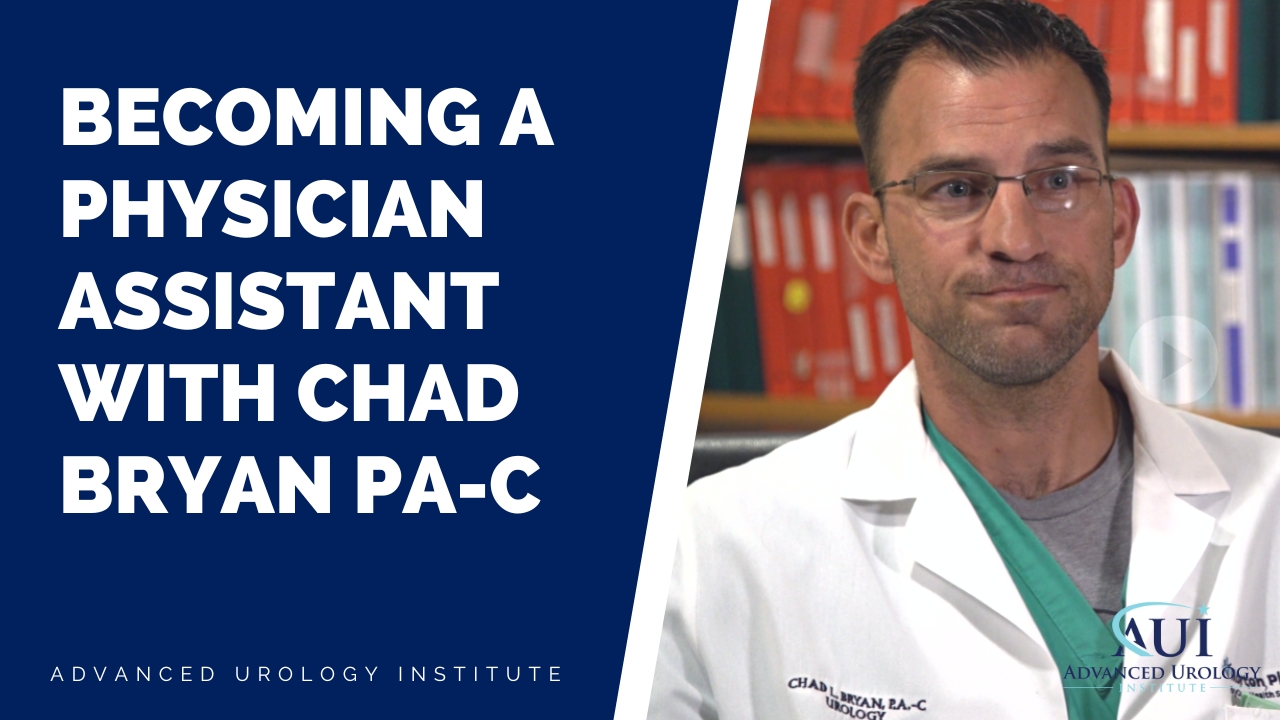Key Takeaways:
- Advanced Urology Institute’s Port Orange Office provides top-notch urological care in Florida.
- The office is staffed by skilled and experienced urologists, Dr. Evan Fynes and Dr. Samuel Lawindy.
- The Port Orange Office offers a range of urological services in a professional, friendly, and patient-focused environment.
 When it comes to your health, especially in the area of urology, you deserve the best care possible. That’s where Advanced Urology Institute’s Port Orange Office comes in. As part of the largest urology practice in Florida, this office is committed to providing you with the highest quality urological care. Located at 900 N. Swallow Tail Dr., Suite 106, Port Orange, FL 32129, the Port Orange Office is staffed by an exceptional team of medical professionals, ready to address your unique needs.
When it comes to your health, especially in the area of urology, you deserve the best care possible. That’s where Advanced Urology Institute’s Port Orange Office comes in. As part of the largest urology practice in Florida, this office is committed to providing you with the highest quality urological care. Located at 900 N. Swallow Tail Dr., Suite 106, Port Orange, FL 32129, the Port Orange Office is staffed by an exceptional team of medical professionals, ready to address your unique needs.
At the helm of the Port Orange Office are two accomplished urologists, Dr. Evan Fynes and Dr. Samuel Lawindy. These providers bring their extensive experience and expertise to the practice, ensuring that you receive the best urological care in a comfortable and friendly environment.
Dr. Evan Fynes, MD, is a skilled urologist with a focus on minimally invasive surgical techniques. This approach allows him to provide treatment options with less pain, shorter recovery times, and fewer complications. Dr. Fynes is dedicated to helping you achieve optimal health and wellbeing, using the latest advancements in urological care.
Dr. Samuel Lawindy, MD, is another highly regarded urologist at the Port Orange Office. He specializes in general urology, as well as urologic oncology, offering comprehensive care for patients with urological cancers. Dr. Lawindy’s patient-focused approach ensures that you are always at the center of your treatment plan, allowing for personalized care tailored to your individual needs.
At the Port Orange Office, you can expect a wide range of urological services, including diagnostic testing, surgical procedures, and medical management for conditions such as kidney stones, urinary incontinence, prostate health, and urologic cancers. The team is committed to providing you with the most advanced treatment options, using state-of-the-art equipment and techniques.
As a patient at the Port Orange Office, you’ll experience a professional yet friendly atmosphere where your concerns are heard, and your questions are answered. The staff is dedicated to providing you with the best possible care, ensuring that you feel comfortable and informed throughout your treatment journey.
To take the first step toward better urological health, contact the Advanced Urology Institute’s Port Orange Office today. You can reach them by calling (386) 239-8500 to schedule an appointment or to speak with a member of their knowledgeable staff. Experience the difference that exceptional urological care can make in your life.


